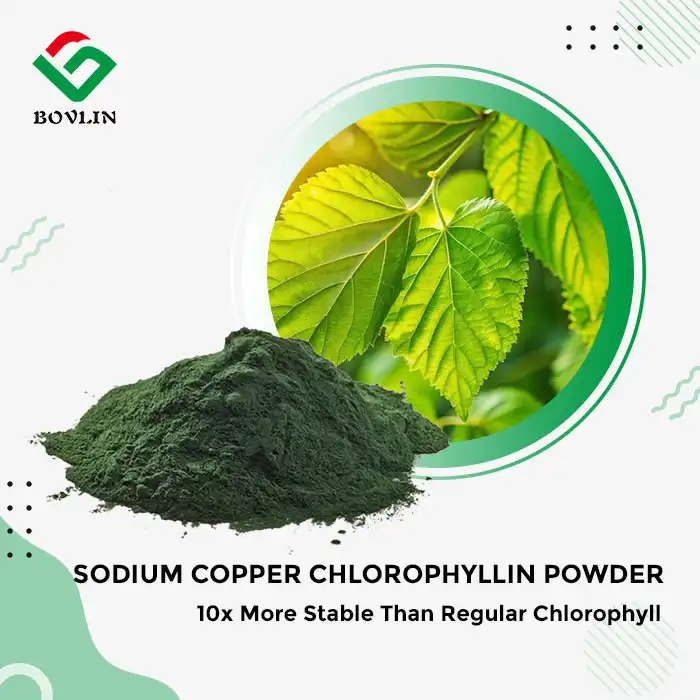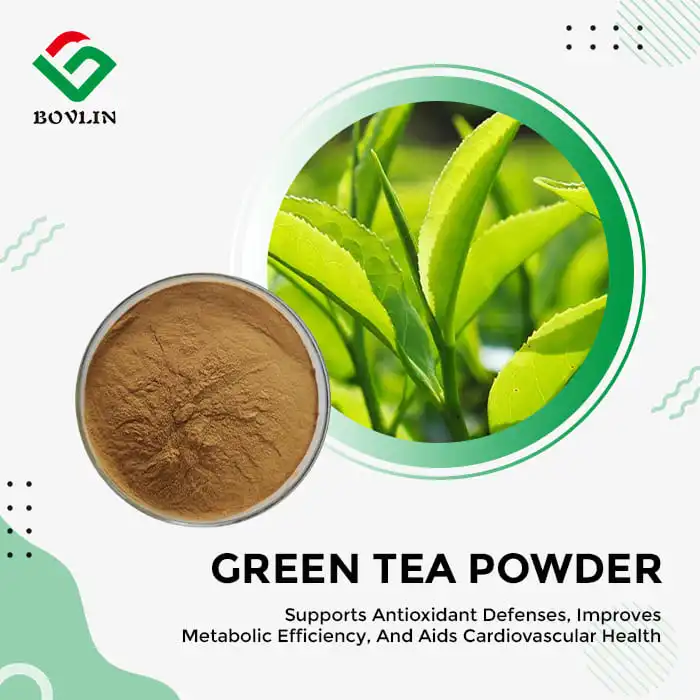What Cognitive Pathways Are Affected by Ginseng Peptides?
Neurotransmitter Modulation
Ginseng peptides exhibit a remarkable ability to influence various neurotransmitter systems in the brain. These bioactive compounds have been shown to modulate the release and uptake of key neurotransmitters such as acetylcholine, dopamine, and serotonin. By enhancing cholinergic transmission, ginseng peptides may improve memory formation and recall. The modulation of dopaminergic pathways could contribute to increased motivation and focus, while serotonergic effects may help regulate mood and cognitive flexibility.
Neuroplasticity Enhancement
One of the most intriguing aspects of ginseng peptides is their potential to promote neuroplasticity - the brain's ability to form new neural connections and adapt to new experiences. Research indicates that these peptides may stimulate the expression of brain-derived neurotrophic factor (BDNF), a crucial protein involved in neuronal growth and synaptic plasticity. By enhancing neuroplasticity, ginseng peptides could support cognitive resilience and facilitate learning processes, making them valuable for cognitive enhancement formulations.
Antioxidant and Neuroprotective Effects
Oxidative stress is a significant factor in cognitive decline and neurodegenerative disorders. Ginseng peptides demonstrate potent antioxidant properties, helping to neutralize harmful free radicals and protect neuronal cells from oxidative damage. This neuroprotective effect may contribute to long-term brain health and cognitive function preservation. Additionally, some studies suggest that ginseng peptides could reduce neuroinflammation, further supporting their potential in maintaining optimal brain function.
Mental Clarity and Neuroprotection with Ginseng Peptides
Cognitive Processing Speed
Ginseng peptides have shown promise in enhancing cognitive processing speed, a crucial aspect of mental clarity. By optimizing neural pathways and improving synaptic efficiency, these bioactive compounds may help individuals process information more quickly and effectively. This enhanced processing speed can be particularly beneficial in demanding cognitive tasks, potentially improving reaction times and decision-making capabilities in professional settings.
Stress Resilience and Adaptogenic Properties
The adaptogenic properties of ginseng peptides make them particularly interesting for cognitive enhancement formulations. These compounds may help the brain adapt to stressful situations by modulating the hypothalamic-pituitary-adrenal (HPA) axis. By promoting stress resilience, ginseng peptide powder could support mental clarity and focus even under challenging conditions. This adaptogenic effect may be especially valuable for professionals in high-stress environments seeking to maintain optimal cognitive performance.
Long-term Neuroprotection
Beyond their acute effects on mental clarity, ginseng peptides show potential for long-term neuroprotection. Their antioxidant and anti-inflammatory properties may help safeguard neural tissues against age-related deterioration and oxidative damage. Some studies suggest that regular consumption of ginseng peptides could contribute to maintaining cognitive function over time, potentially reducing the risk of age-related cognitive decline. This long-term neuroprotective effect makes ginseng peptides an attractive ingredient for brain health supplements aimed at supporting lifelong cognitive wellness.
Evidence from Studies on Ginseng Peptides and Brain Health
Preclinical Research Findings
Preclinical studies have provided valuable insights into the potential cognitive benefits of ginseng peptides. Animal models have demonstrated improvements in spatial memory, learning capacity, and attention following ginseng peptide administration. These studies have also shed light on the molecular mechanisms underlying these effects, including enhanced synaptic plasticity and increased expression of neurotrophic factors. While translating these findings to human applications requires caution, the preclinical evidence offers a strong foundation for further investigation into ginseng peptides as cognitive enhancers.
Human Clinical Trials
Human clinical trials, although limited in number, have shown promising results for ginseng peptides in cognitive enhancement. Several studies have reported improvements in working memory, attention, and mental arithmetic performance in healthy adults supplemented with ginseng peptides. A notable randomized, double-blind, placebo-controlled trial found that participants receiving ginseng peptide powder exhibited significantly better cognitive function scores compared to the placebo group. These clinical findings, while preliminary, suggest that ginseng peptides may indeed offer cognitive benefits in human subjects.
Ongoing Research and Future Directions
The field of ginseng peptide research is rapidly evolving, with ongoing studies aiming to further elucidate their cognitive benefits and mechanisms of action. Current research focuses on optimizing ginseng peptide formulations for enhanced bioavailability and efficacy. Additionally, scientists are exploring the potential synergistic effects of combining ginseng peptides with other nootropic compounds. As more data emerges, it will be crucial for manufacturers to stay informed about the latest findings to develop evidence-based cognitive enhancement products incorporating ginseng peptides.
Conclusion
Ginseng peptides show considerable promise in improving brain function and focus, supported by a growing body of scientific evidence. Their multifaceted effects on neurotransmitter systems, neuroplasticity, and neuroprotection make them a compelling ingredient for cognitive enhancement formulations. While more research is needed to fully understand their potential, the current evidence suggests that ginseng peptides could be a valuable addition to brain health supplements. As the demand for natural cognitive enhancers continues to rise, ginseng peptides are poised to play a significant role in the future of nootropic product development.

Contact Us
For more information about our ginseng peptide powder and other plant-based solutions for cognitive enhancement, please contact us at sales1@bovlin.com. Our team of experts is ready to assist you in developing innovative brain health formulations tailored to your specific needs.
References
Lee, S. M., Bae, B. S., Park, H. W., Ahn, N. G., Cho, B. G., Cho, Y. L., & Kwak, Y. S. (2015). Characterization of Korean red ginseng (Panax ginseng Meyer): History, preparation method, and chemical composition. Journal of Ginseng Research, 39(4), 384–391.
Kim, H. G., Cho, J. H., Yoo, S. R., Lee, J. S., Han, J. M., Lee, N. H., Ahn, Y. C., & Son, C. G. (2013). Antifatigue effects of Panax ginseng C.A. Meyer: A randomized, double-blind, placebo-controlled trial. PLoS ONE, 8(4), e61271.
Li, J., Ichikawa, T., Jin, Y., Hofseth, L. J., Nagarkatti, P., Nagarkatti, M., & Safe, S. (2010). An essential role of Nrf2 in American ginseng-mediated anti-oxidative actions in cardiomyocytes. Journal of Ethnopharmacology, 130(2), 222–230.
Reay, J. L., Kennedy, D. O., & Scholey, A. B. (2005). Single doses of Panax ginseng (G115) reduce blood glucose levels and improve cognitive performance during sustained mental activity. Journal of Psychopharmacology, 19(4), 357–365.
Ratan, Z. A., Youn, S. H., Haidere, M. F., Lee, D. Y., Hong, Y. H., & Cho, J. Y. (2021). Adaptogenic effects of Panax ginseng on modulation of immune functions. Journal of Ginseng Research, 45(1), 32–40.
Liang, Y. C., Wu, S. C., & Lin-Shiau, S. Y. (2005). Ginsenoside Rg1 induces neurite outgrowth in PC12 cells through ERK- and PI3K-dependent signaling pathways. Journal of Ethnopharmacology, 97(1), 21–29.











